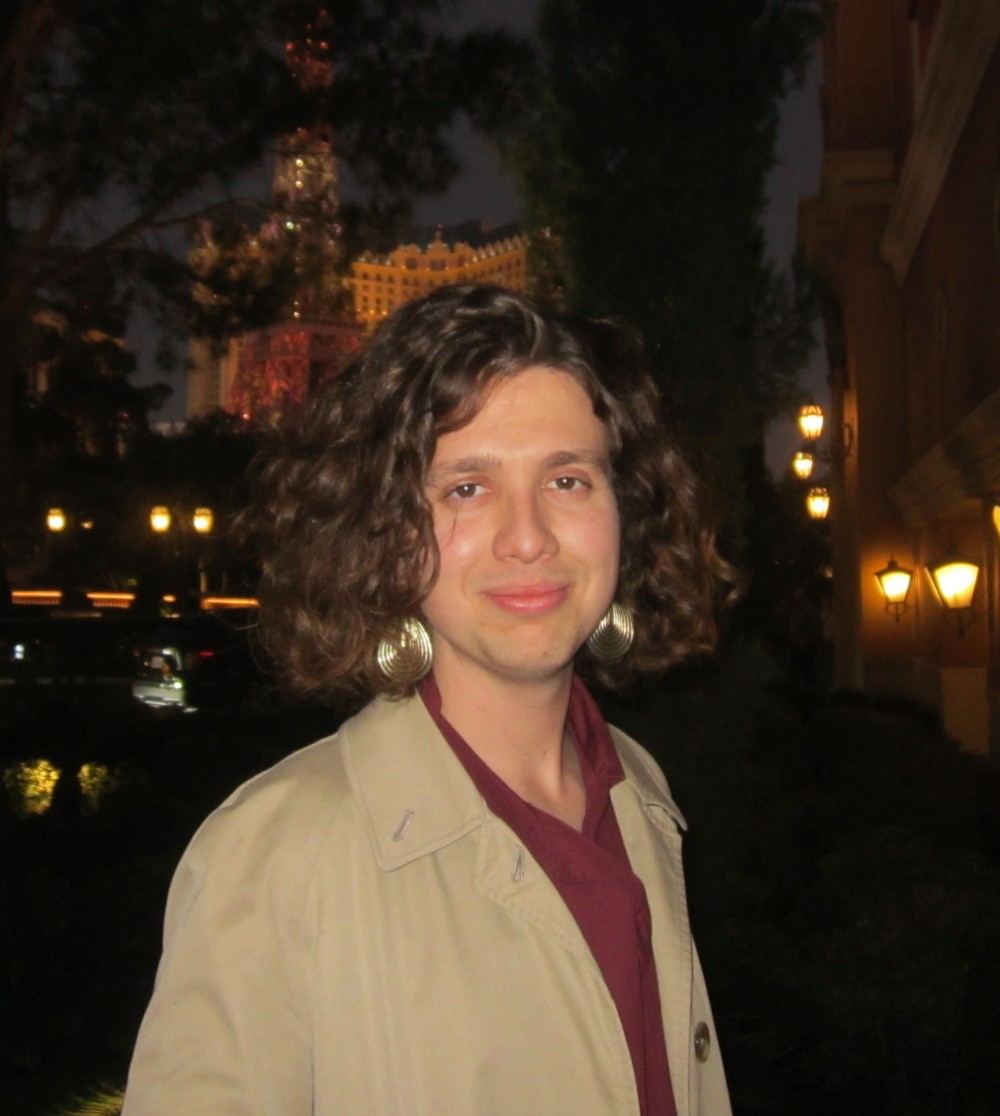Chris Flores

You can reach me at floresc@stanford.edu.
You can view my CV here.
About Me
Welcome! I’m Chris Flores, a PhD Candidate in political science at Stanford University. My research broadly examines political behavior and race, ethnicity, and identity in the U.S.
My dissertation focuses on the ethnoracial identities of Latinos, who make up one in five individuals in the U.S. and complicate prevailing understandings of race and ethnicity. Using surveys, interviews, and administrative data, I explore the multiple ways Latinos identify their race in the U.S., how and why these ethnoracial identities are linked to political attitudes, and how they are socially constructed. In other projects, I examine Latino partisanship and immigration attitudes, racial fluidity, and how political campaigns talk about immigration and Latinos.
At Stanford, I am a Graduate Scholar-in-Residence at El Centro Chicano y Latino and a fellow with the Center for American Democracy. I am also a 2023 recipient of the National Science Foundation Graduate Research Fellowship. Outside political science, I teach with the Stanford Jail and Prison Education Project at several jails in the Bay Area. Prior to Stanford, I received my A.B. in Politics and Latino Studies, summa cum laude, from Princeton University in 2021. Born and raised in Miami to Cuban parents, I am a proud graduate of Miami-Dade County Public Schools.
Working Papers
Please reach out to me at floresc@stanford.edu for drafts of working papers.
“La Raza (Des)Unida: Blackness, Whiteness, and Latinx Racial Politics Beyond Panethnicity.”
Existing work in Latino politics has focused on the role of panethnic and national origin identities in fostering unity and collective mobilization in the face of identity threats, but this literature leaves us ill-equipped to comprehend substantial intra-Latino disagreement on racialized policies like immigration. I argue that Latinos’ racial attachments to groups beyond panethnicity – particularly to whiteness and Blackness – can help us understand these instances of intra-group difference. Given the persistence of racial hierarchies across the Americas and the historical blurriness of racial boundaries for Latinos, I contend that many Latinos strongly identify as white or Black, and these identities are tied to support for policies perceived to uphold the superiority of whiteness or contest the inferiority of Blackness. Because negative racial stereotypes around illegality threaten marginal claims to whiteness, strong white-identifying Latinos distance themselves from undocumented Latino immigrants. Results show that white identity among Latinos is strongly related to support for Trump and negative attitudes toward undocumented immigrants, while Black identity predicts some support for Black-centered policies such as affirmative action and welfare.
“The Limits of Panethnicity: A Framework for Understanding Latinx Ethnoracial Identities.” (under review)
How do Latinos identify their race, and why? In this paper, I advance a novel framework to describe Latinx ethnoracial identities and theorize the social processes underlying identity selection. Employing two original surveys, in-depth interviews, and machine learning techniques, I show that Latinos understand their race in one of two primary modes: through a singular ethnoracial identity as Latinx, or through dual ethnoracial identities as Latinx and as belonging to another ethnoracial group. Individuals in the latter group identify with labels such as Black or Afro-Latino, white, mixed race, or Indigenous, in addition to maintaining strong attachments to Latinidad. Random forests reveal that the second generation is most likely to identify through a singular ethnoracial identity as Latinx compared to the first or third-plus generations. Socioeconomic status and national origin, however, are weak predictors of identity modes. These findings clarify our understanding of how processes like immigration shape ethnoracial identities and suggest that many Latinos may be expanding ethnoracial boundaries like whiteness to be understood as overlapping with, rather than mutually exclusive from, Latinidad.